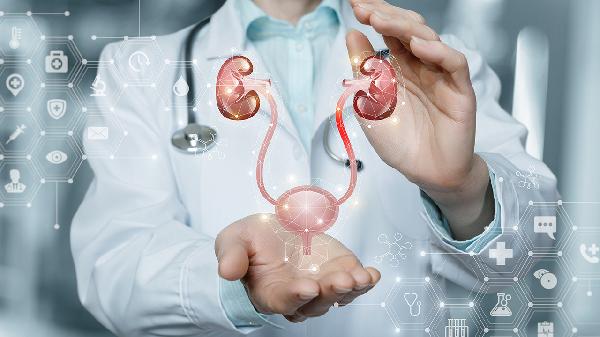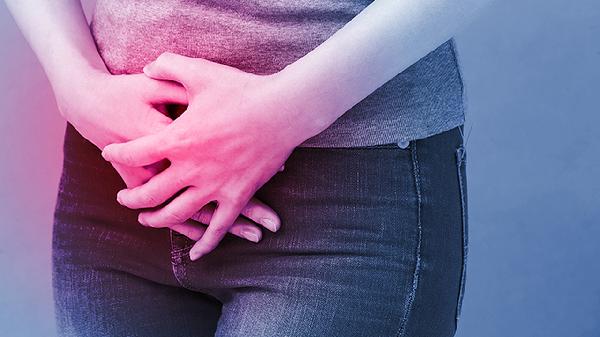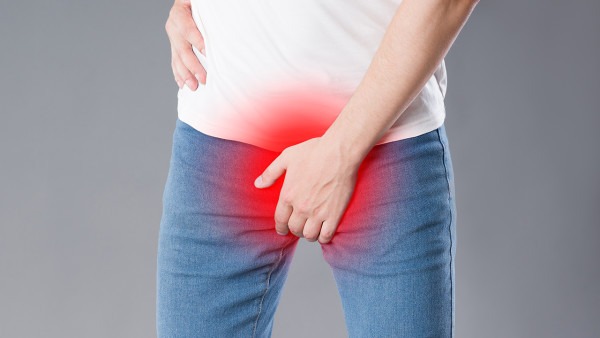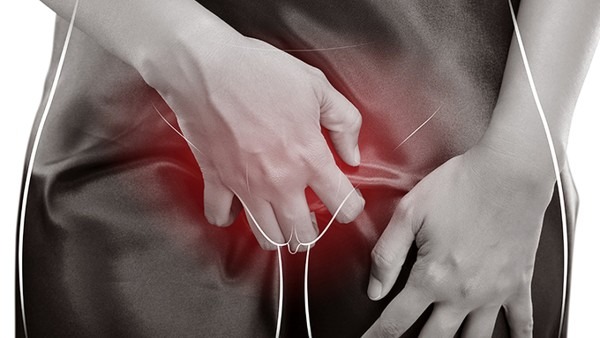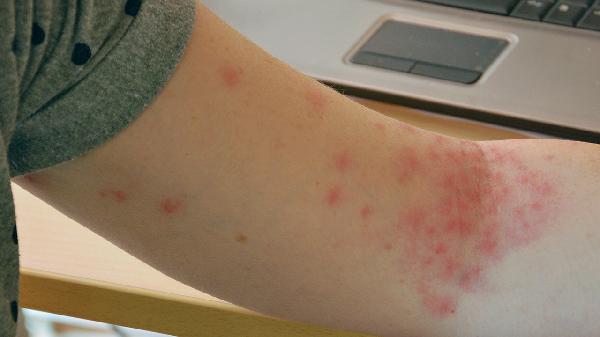The treatment of genital herpes has become a concern for patients with herpes. Many cases of genital herpes recur despite treatment, and the inability to achieve a cure causes significant distress and suffering for patients. Therefore, there is a high level of attention paid to the treatment of genital herpes. Experts remind us: genital herpes is not a terrifying disease. If detected early and treated with scientific methods, it can be completely cured. However, while undergoing treatment, it is also important to understand the precautions. Below is a detailed introduction on what to pay attention to when treating genital herpes.
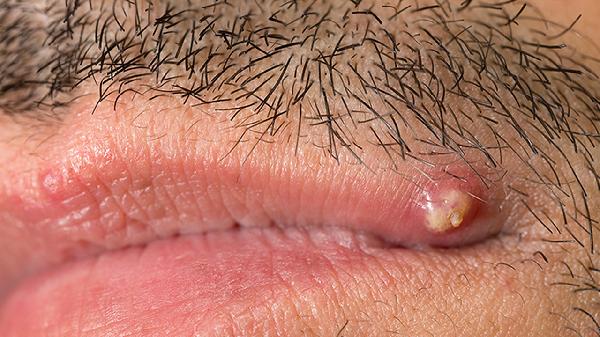
What should be paid attention to when treating genital herpes? Relevant experts have provided a detailed introduction to this issue for us.
1. Precautions regarding sexual activity
Patients should avoid unclean sexual intercourse or improper sexual activities. Patients with active genital herpes should absolutely refrain from sexual relations with anyone. During medication treatment, patients should abstain from sexual activity, and their partners must also undergo relevant examinations if necessary.
2. Precautions regarding local lesions
Patients may develop numerous millet-sized papules or blisters in the genital area, which can form erosions or ulcers upon rupture, accompanied by a burning sensation and pain. Patients with erosions or ulcers should maintain local cleanliness, dryness, and the integrity of the blister wall, avoiding scratching to prevent worsening the damage. Additionally, patients can rinse the area with isotonic saline daily. Those experiencing pain can take oral painkillers and receive psychological comfort. For significant pain, 5% lidocaine ointment can be applied topically or oral painkillers can be taken.
3. Preventing recurrence
Fatigue, excessive alcohol consumption, exposure of the infected area to intense sunlight, rain, or cold, as well as skin friction or damage, can all lead to a recurrence of the disease and increase the patient’s suffering. Therefore, post-treatment patients should pay attention to preventing factors such as colds, chills, and overexertion to reduce the likelihood of recurrence.
What to pay attention to during genital herpes treatment?
1. Adjusting diet structure: During the active phase of herpes, avoid spicy and greasy foods, as the skin lesions in this phase are considered a heat syndrome in traditional Chinese medicine, and spicy foods can exacerbate local symptoms by promoting heat dispersion. During the virus’s dormant phase, consume more protein and vitamin-rich foods, engage in physical exercise to strengthen the body and immunity, and reduce the chance of recurrence. During the acute phase of genital herpes, adequate rest is also necessary.
2. Since 10% of genital herpes cases are caused by herpes simplex virus type I (HSV-1), and many people are infected with this virus in childhood, with over half of adults being carriers, it is essential to reduce viral transmission. One of the practices that need to be changed is mothers feeding infants mouth-to-mouth.
3. Patients should adopt a positive attitude and not become depressed or self-pitying due to the challenges of treating genital herpes, as this has no benefit for the condition. Only by building confidence and actively cooperating with doctors can the treatment course be shortened and recurrence reduced. Both partners should undergo treatment simultaneously.
How should men prevent genital herpes?
1. Modify the diet to enhance immunity and avoid frequent fungal infections. Reduce intake of starchy, sugary, and刺激性 foods such as alcohol and chili peppers; increase consumption of vegetables and fruits, and ensure adequate hydration.
2. Those with large condylomas should undergo surgery or laser treatment. After laser surgery, measures to prevent recurrence, such as applying traditional Chinese medicine topically, should be taken promptly to eliminate the virus completely.
3. Wear cotton underwear and avoid materials like nylon or synthetic fibers to maintain ventilation and breathability. Jeans should also be worn sparingly.
4. Wash underwear with mild soap by hand and avoid using strong detergents or washing machines.
5. In home care, patients should pay attention to personal hygiene, keep the external genitalia clean and dry, and abstain from sexual activity, as it may transmit the virus to the partner or to other parts of the patient’s own body.
Develop good habits: Pay attention to personal hygiene, ensure frequent ventilation, bathe regularly, and reduce bacterial growth. Avoid using communal basins during bathing, and do not sit directly on public shower chairs after bathing. Use squat toilets in public restrooms to prevent bacteria from entering the body. Maintain hygiene by washing the external genitalia daily and changing underwear; avoid using others’ basins or swimwear.



